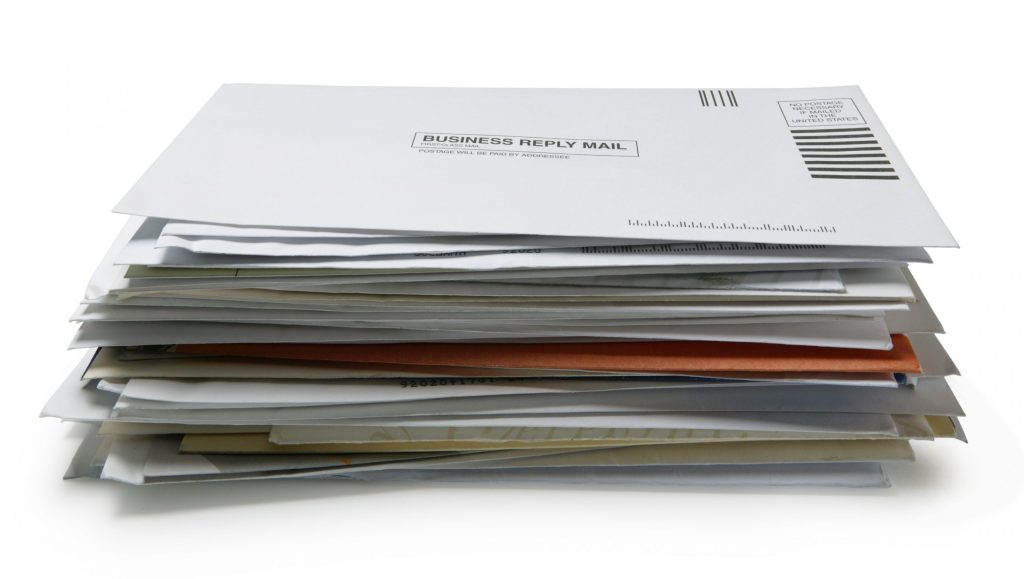More and more dealerships are seeing the value of digital retailing for bringing in customers from a variety of online sources to help counter declining retail profit margins.
Consumers are definitely shopping for vehicles online. Recent research by Google/Kantar TNS found that 92% of car buyers now research online before they buy. Today, 76% of shoppers are open to the idea of buying completely online, according to the Cox Automotive 2020 Digitization of End-to-End Retail Study.
Dealerships are utilizing a wide range of digital retailing initiatives. On one end of the spectrum, there is the all-digital deal. This is where customers complete the entire deal online – including the eContract – and receive remote delivery of their vehicle to their location.
However, most dealerships currently use digital retailing to give customers the opportunity to start their deal online and then transition smoothly to complete their deal in-store. Research shows that 83% of consumers want to do one or more steps of the purchase process online, so even when the plan is to engage customers in person at some point in the deal, it’s important to have the technology in place to continue the shopping experience they prefer.
Allowing car buyers to do their research online can also add to a dealership’s profitability, as 63% of shoppers are more likely to purchase aftermarket products if they can learn about them on their own time before finalizing their vehicle purchase.
How does eContracting fit in with digital retailing? It’s a logical step in the purchase process, extending the convenience of technology-enabled car shopping to the contract review and signing stage of the deal.
With digital retailing in place on your dealership’s website and third-party websites, here’s some of what your customer may have done online before they walk in the door:
- Select and reserve a vehicle from your inventory
- Figure their car payment
- Calculate the value of their trade-in
- Research aftermarket options and add-ons
- Complete a credit application
- Submit an offer on the vehicle
After the car buyer has filled out their information online and taken steps to complete their purchase, would it make sense to print out paper contracts for them to sign at the very end? Of course not!
At a time when consumers are accustomed to a high level of convenience and efficiency from online shopping, eContracting features such as mobile contract review and sign-and-tap help meet those expectations as they complete their vehicle purchase at the dealership. And for customers who wish to to do more of their purchase process online, remote contract review and eSigning provide the flexibility for them to sign from anywhere.










